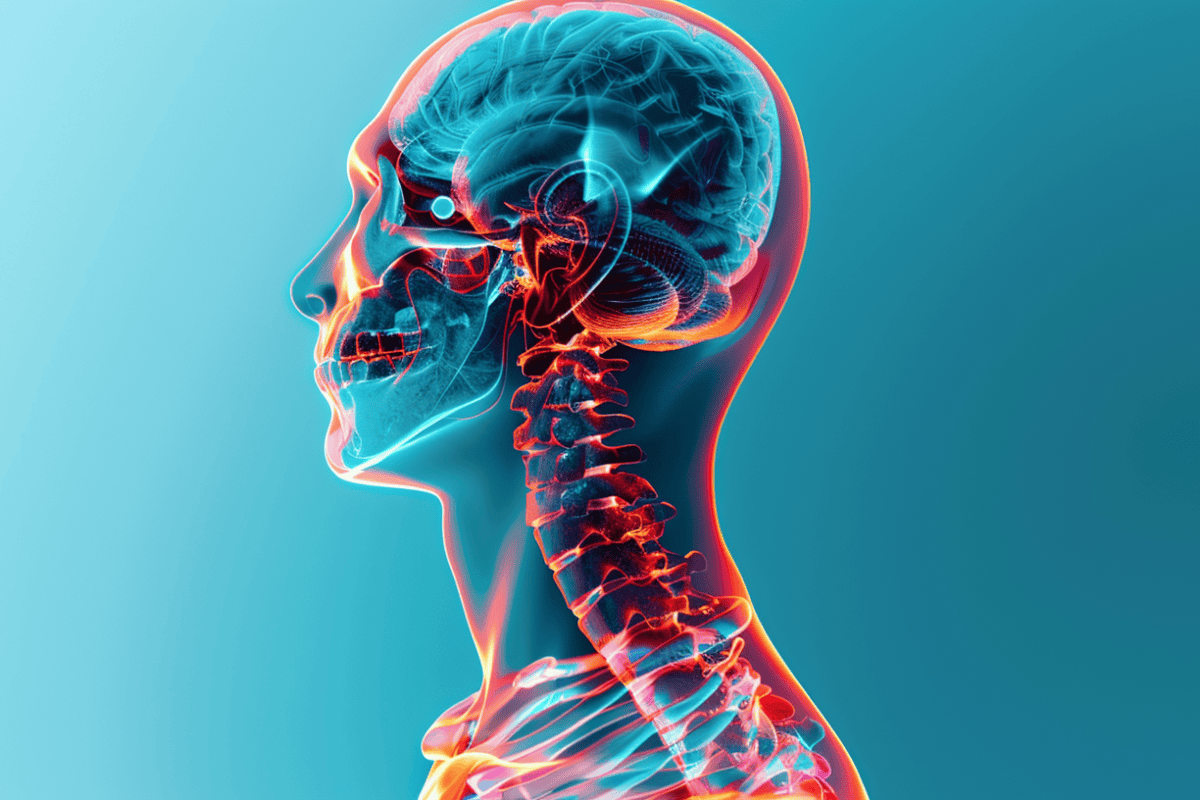Medical technology advancement has progressively changed the lives of people. It has played an integral role in helping cure and discover new diseases, alleviating aggravating symptoms, which helps prolong and increase the quality of life.
Innovations come in various forms, from drugs and medications, digital applications, new treatments, advanced equipment, and facilities. More so, the breakthrough of scientists, researchers, and engineers continue to pave the way for patient care improvement.
For instance, an autoimmune disorder is inevitably fatal when diagnosed late, left untreated, or the treatment does not suit the patient. Nowadays, medical technology makes promising outcomes for patients, such as the new stem cell therapy transplant, wearable devices, and the development of modern drugs such as Octagam.
This innovation is supported by a wide network, such as quality medical writers, who help with medical device documentation, awareness and product positioning.
What Is An Autoimmune Disorder?
An autoimmune disorder is when the immune system unknowingly attacks your healthy cells. In this case, the human body cannot differentiate between foreign cells and their cells, thus resulting in the abnormally high or low activity of the innate and adaptive defense system.
The common factors that may cause this condition are immune system dysregulation, genetic predispositions, and environmental factors. The body perceives its tissues, joints, skin, bones, and other parts as a foreign invader, leading to a significant disruption in its homeostasis.
The immune system will produce and send antibodies to attack itself. This can reduce the body’s capability to defend itself, making them vulnerable to infections. The prognosis of any autoimmune disease depends on its onset, symptoms, and progression.
To name a few, here are some of the common autoimmune disorders:
1. Rheumatoid Arthritis (RA)
It is a chronic, systemic, inflammatory disorder that often attacks the patient’s joints, which can cause some swelling that may result in joint deformity or even bone erosion. And in some cases, this disorder can also affect and damage a person’s eyes, skin, lungs, stomach, intestine, heart, blood circulation, kidneys, and nerves.
2. Guillain-Barré Syndrome (GBS)
While considered a rare disorder, GBS is an autoimmune disorder that causes weakness that may involve the upper and lower extremities, cranial muscles, and muscles of respiration.
Some people can recover from this, while others may suffer from permanent nerve damage. And in some cases, Guillain-Barré Syndrome can lead to paralysis.
3. Multiple Sclerosis (MS)
Multiple Sclerosis is a chronic inflammatory disease of the Central Nervous System (CNS). It attacks the nerves connecting the brain with the rest of the body. In some cases, this disorder can cause permanent damage and deterioration of the nerves.
People who have MS may often suffer fatigue, and more so, may have difficulties in walking, experience speech issues, and vision problems. While there’s no cure for MS, there are medications and treatments that can help manage symptoms and attacks.
New Medical Technology Advances
The manifestations of these autoimmune diseases warrant target-specific medications and treatments. That said, the following are the products of new medical technology that can help patients manage autoimmune disorders:
1. Drug Development
Modern drug development has paved the way for specific medications for patients with autoimmune diseases. Bioengineered drugs aim to neutralize and destroy self-attacking cells and tissues. They contain antibodies that can be beneficial for protecting the patient’s body’s system from infections while also aiding in treating symptoms and attacks such as nerve disorders and muscle weakness.
2. Mobile Health Technologies (MHealth)
MHealth refers to patient monitoring devices such as tablets, wearables, smartphones, and other gadgets utilized by patients and medical professionals. It is highly recommended for patients with autoimmune disease; its purpose is to provide convenience, easy access to health records, constant patient monitoring, and better treatment adherence.
Health care applications are installed on these devices. Collected data are sent and stored safely in the electronic healthcare records (EHRs).
Patients may now opt for telemedicine consultation, especially during these times amidst the Covid-19 pandemic. It’s the best option considering they’re vulnerable to contracting the virus, which can worsen their current condition.
Autoimmune diseases are distinctly unpredictable. The signs and symptoms vary from one person to person. Once clinically diagnosed, the patient needs to be monitored thoroughly, and health data records must be accurate and timely.
3. Nanotechnology
Nanotechnology is incorporated with drugs, diagnostic procedures, and treatments to target specific harmful cells or tissues. It is biochemically engineered to detect anomalies and helps to prevent damage to healthy cells.
The onset, symptoms, and progression are incalculable. They need to be diagnosed early to be given a proper treatment plan. In severe cases, nanotechnology plays a role in alleviating if not treating the condition.
4. Stem Cell Transplantation
Stem cell transplantation can help reverse and treat autoimmune diseases by harvesting stem cells from the bone marrow or blood. It’ll be used to replace the damaged cells in a compromised immune system. Patients can receive a stem cell through autologous or by a donor.
There is usually a poor prognosis in chronic and irreversible conditions. In this case, stem cell transplantation can be suggested in patients with MS and Scleroderma.
Taking All Into Consideration
Autoimmune diseases manifest various signs and symptoms ranging from mild to severe. With the help of modern medical technology, proper and advanced treatment can be administered to patients, which can help ensure their recovery and good quality of life.
Drug development, MHealth, nanotechnology, and stem cell transplantation are among the advances and medical breakthroughs synthesized and created by trusted scientists, doctors, and bioengineers.
Digital Health Buzz!
Digital Health Buzz! aims to be the destination of choice when it comes to what’s happening in the digital health world. We are not about news and views, but informative articles and thoughts to apply in your business.


